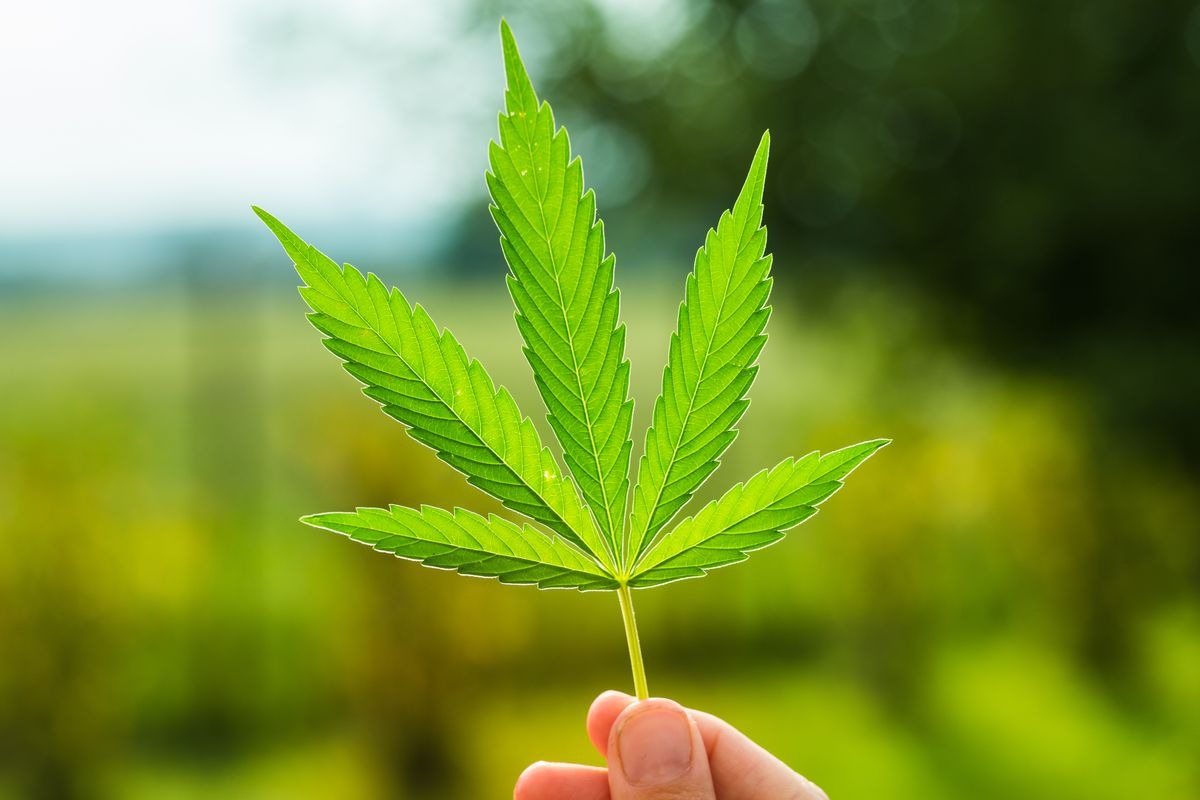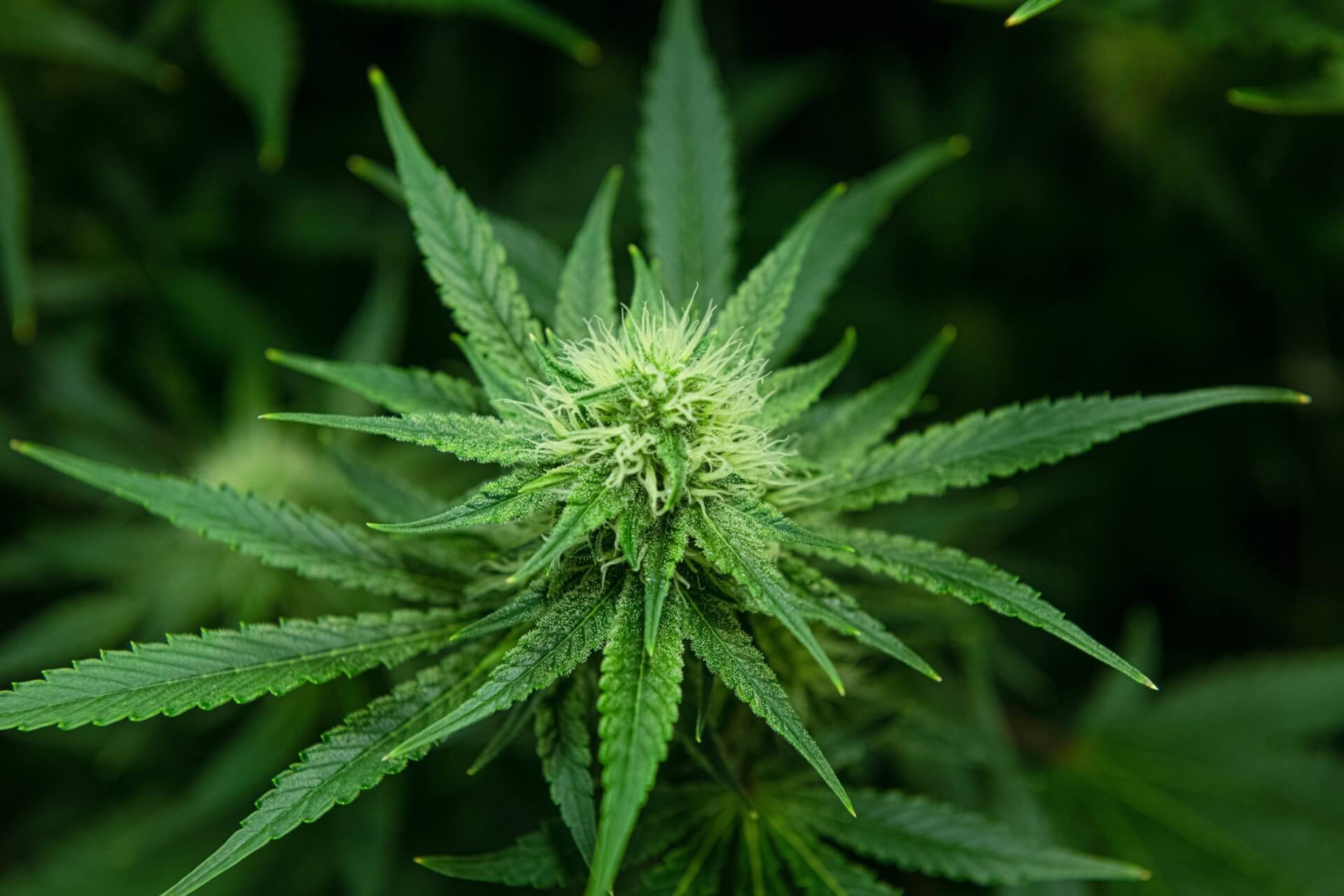The Biden administration is moving forward with plans to relax marijuana restrictions, a huge adjustment in US drug policy. Attorney General Merrick Garland has recommended reclassifying marijuana from Schedule I to Schedule III, a less severe classification.
While this move is seen as progress, some advocacy groups and lawmakers argue it doesn’t go far enough, as it could still lead to legal action against those possessing marijuana in states where it’s not legal.

The proposal will need approval from the White House Office of Management and Budget (OMB) and be open to public comment before it can be implemented, a process that could take several months.
Supporters, like Rep. Earl Blumenauer, see this move as a step towards ending the “failed war on drugs” and aligning with public opinion, which strongly favors marijuana legalization.
However, some advocacy groups, like the Drug Policy Alliance and the Marijuana Policy Project, feel this move doesn’t go far enough, as it still keeps marijuana classified under the Controlled Substances Act. They argue that true reform requires complete descheduling, allowing for full legalization and regulation.

The reclassification would place marijuana in the same category as substances like ketamine and anabolic steroids, considered to have a “moderate to low potential for physical and psychological dependence.”
While seen as progress, some argue it still doesn’t align with the reality of marijuana use and its relative safety compared to other substances.
